What is the definition of a 'garden'?
catkim
12 years ago
Related Stories
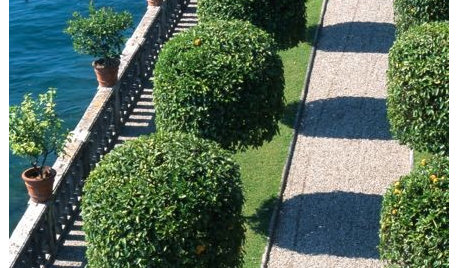
LANDSCAPE DESIGN5 Structural Plants to Frame Your Garden Beautifully
Consider these trees and shrubs live building blocks, providing structure and definition in even a small garden
Full Story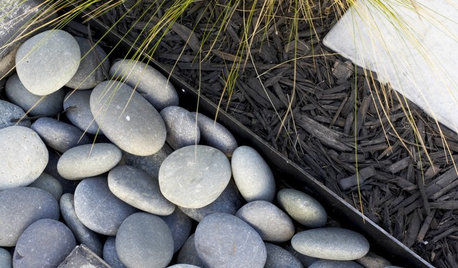
GARDENING AND LANDSCAPINGGarden Design Essentials: Texture
A delight to touch and see, landscapes with texture use dimension and definition to create pleasing design contrasts
Full Story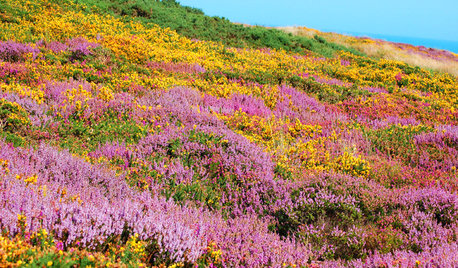
GARDENING FOR BUTTERFLIESGreat Design Plant: Scotch Heather
The moors aren't all moody, as this prettily colored evergreen shrub proves. Plant it en masse for an epic romance in your own garden
Full Story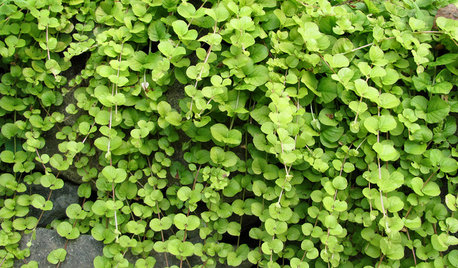
GARDENING AND LANDSCAPINGGreat Design Plant: Golden Creeping Jenny
Try this fast-growing ground cover for easy masses of gold and green in the garden
Full Story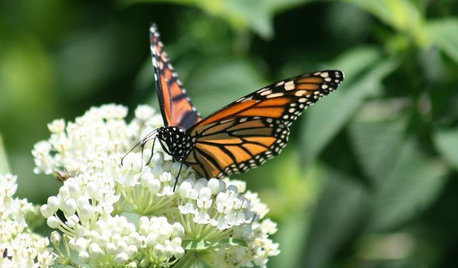
GARDENING GUIDESGreat Design Plant: Milkweed
Quit cringing. This not-weed plant is a sight to behold in the garden, has a delicious vanilla scent and is a magnet for butterflies
Full Story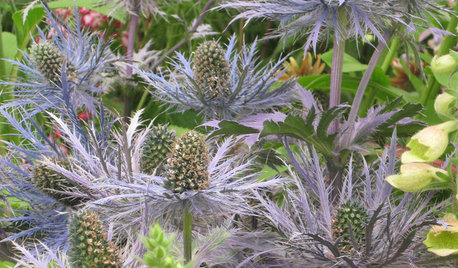
GARDENING GUIDESGreat Design Plant: Sea Holly
Its spiky appearance can be intimidating at first, but sea holly's range of climate tolerances and vivid color make it a landscape winner
Full Story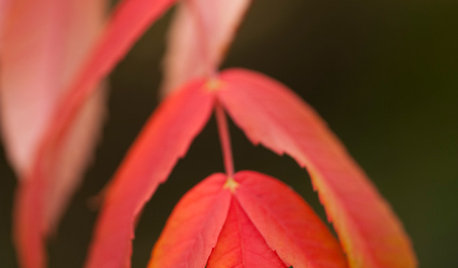
GARDENING GUIDESGreat Design Plant: Rhus Glabra
Smooth sumac provides powerful jolts of fall color and persistent fruit clusters that add interest through the winter
Full Story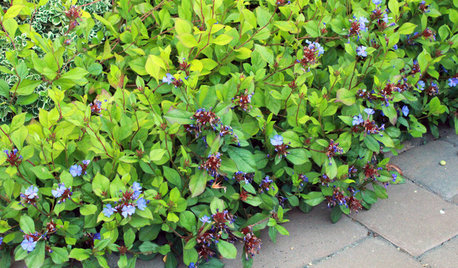
GARDENING GUIDESGreat Design Plant: Plumbago
A multifacted ground cover with an enormous range, plumbago solves landscape problems with panache
Full Story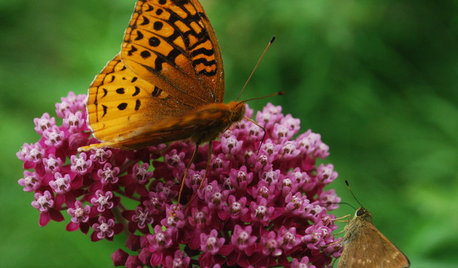
GARDENING GUIDESGreat Design Plant: Asclepias Incarnata for a Butterfly Garden
Beautiful swamp milkweed makes it easy to help monarchs and other pollinators in eastern U.S. gardens
Full Story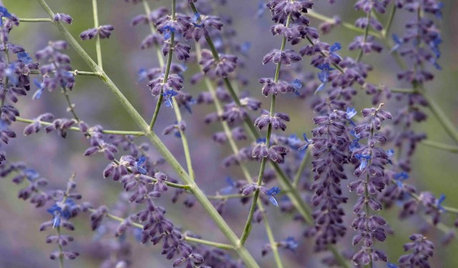
SPRING GARDENINGGreat Design Plant: Russian Sage
Silvery stems in winter and a haze of purple blooms in spring and summer make this spiky plant a year-round performer in the garden
Full StoryMore Discussions







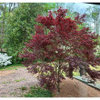
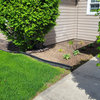
adriennemb2
woodyoak zone 5 southern Ont., Canada
Related Professionals
Mountain Brook Landscape Architects & Landscape Designers · Norton Shores Landscape Architects & Landscape Designers · Tempe Landscape Contractors · Berwyn Landscape Contractors · Canton Landscape Contractors · Choctaw Landscape Contractors · El Segundo Landscape Contractors · Fort Payne Landscape Contractors · North Potomac Landscape Contractors · Wayland Landscape Contractors · Greendale Decks, Patios & Outdoor Enclosures · Racine Decks, Patios & Outdoor Enclosures · Villa Park Decks, Patios & Outdoor Enclosures · Bedford Swimming Pool Builders · La Verne Swimming Pool Buildersmosswitch
bahia
woodyoak zone 5 southern Ont., Canada
inkognito
tanowicki
woodyoak zone 5 southern Ont., Canada
Yardvaark
catkimOriginal Author
woodyoak zone 5 southern Ont., Canada
inkognito
tanowicki
catkimOriginal Author
woodyoak zone 5 southern Ont., Canada
inkognito
catkimOriginal Author
deviant-deziner
Yardvaark